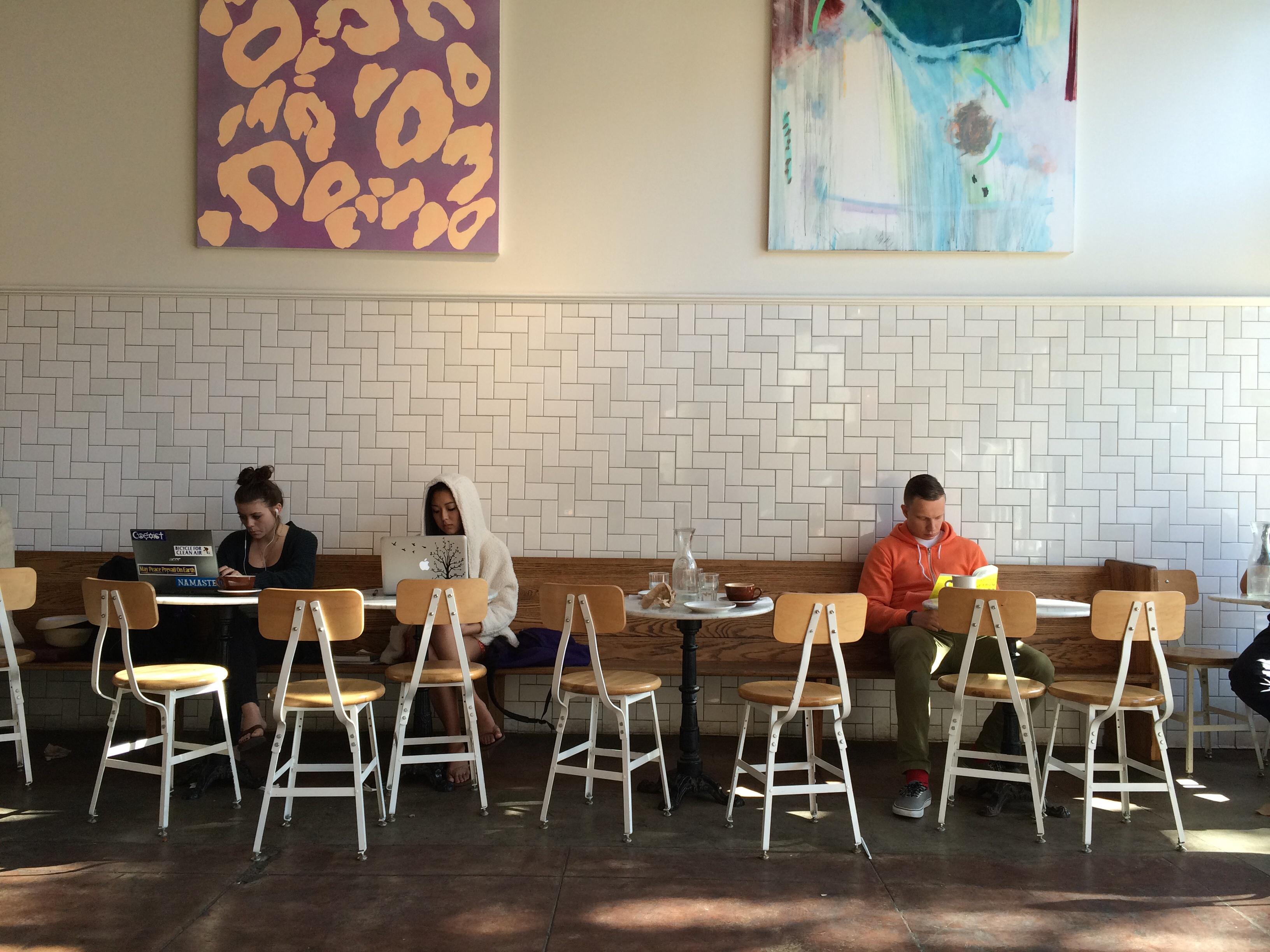In 2011 WIRED published an article titled “A Radical Way of Unleashing a Generation of Geniuses” in which Joshua Davis, a contributing editor to the magazine, investigates about a small public school located in the border town of Matamoros, Mexico.In José Urbina López Primary school, a young professor named Sergio Juárez Correa challenged an old educational system and changed it for the better. What they did was really simple: give students access to computers, so that their minds could grow with the immense world of information that is the Internet. According to Davis this is “an emerging educational philosophy, one that applies the logic of the digital age to the classroom. That logic is inexorable: Access to a world of infinite information has changed how we communicate, process information, and think.”
The legendary teacher, education guru and TED award winner 2013, Sugata Mitra, who during his 20 minute TedTalk: ‘The Future of Learning’ criticises the traditional education systems, which was created more than 300 years ago by the British Empire. During the late 90’s Sugata challenged these systems by placing a single computer in a classroom full of students with no adult supervision, creating a Revolution in Education, one that changes the objective and the tools for learning from creating an homogenous society educated by paper to promoting individuality and creativity through technology. Sugata states during an interview for El País “Today the world works differently, we need to replace fear with the pleasure of learning”. Thanks to recognition by Ted, with over 2.6 million views, he has created a program called SOLE (Self Organised Learning Environments) which has been adopted by schools in over 50 countries.
The giants at Silicon Valley are taking notice of the role and power that technology holds over education today, so much so, that Bill Gates with the Melinda & Bill Gates Foundation has been funding research programs and promoting an education reform in the US to adapt the system to the needs of today’s students. Google has also joined the Revolution by creating a program called Google For Education where more than 10 million students and teachers alike are using Google Classroom. Through their apps and tools schools are providing more 21st century education while reducing costs.
Finland, one of the world’s leader in Education by the PISA Survey has also altered the educational system completely by creating a culture of trust between students and teachers, eliminating homework and tests, using technological tools to teach, and finding ways of making students interact more with their surroundings and living science first hand instead of reading it in text books.
Overall today’s schools only need a computer and internet access in order for their students to start learning, they need to promote self-education and first hand approaches instead of memorising data without even knowing what it means.
